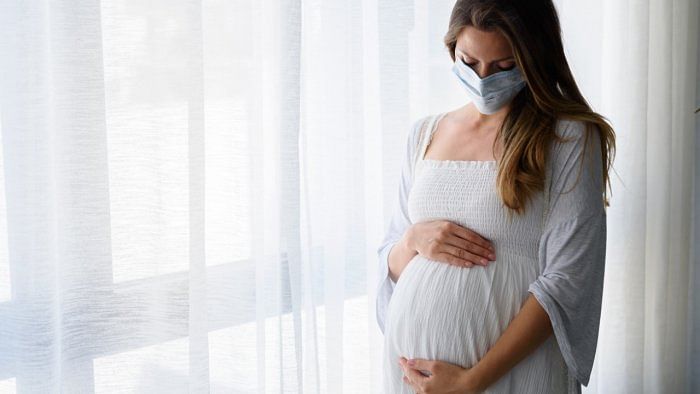
Karnataka has the worst record in maternal mortality rate (MMR) among the five southern states.
This is in spite of Karnataka making huge strides in preventing deaths during delivery compared to the last decade.
According to data from the special bulletin on maternal mortality in India 2017-19 - which was released in March 2022 by the Sample Registration System, India - Karnataka recorded 83 maternal mortalities (MMs) for every one lakh live deliveries during this period, while Kerala (30) had the least number, followed by Telangana (56).
Tamil Nadu and Andhra Pradesh reported 58 deaths per one lakh live deliveries.
Experts say Karnataka has made substantial progress in preventing deaths during deliveries and is on the path to achieving the Sustainable Development Goal 3 (SDG 3) target of MMR below 70 by 2030.
“With the kind of programmes and schemes that the state has announced since 2004 for the expecting mothers and lactating mothers, our target should not be 70, but to better the Kerala figures,” said Kalaburagi-based economist Sangeetha Kattimani.
Dr Kasturi Donimath, president of Karnataka State Obstetrics & Gynaecological Association and head of the gynaecological department at Karnataka Institute of Medical Sciences, Hubballi, said one of the main reasons for better MMR figures is an increase in institutional delivery.
National Family Health Survey of India says 97% of the births in Karnataka are institutional births, of which 93.8 % are assisted by doctors/nurses or other health workers.
Also Read | India on course to achieve maternal mortality rate target of 70/lakh live births by 2030: Govt
Dr Kasturi said there are three main factors that are resulting in comparatively high MMR in Karnataka.
“Nearly 45.7% of the pregnant women in the age group of 15 to 49 are anaemic or malnourished in the state. Secondly, an equally high number of women have high blood pressure and thirdly, only 44.7% of the pregnant women consume iron-folic acid (or full antenatal care) tablets for at least 100 days,” she said.
She said irregular check-ups with doctors and not following medical advice are also resulting in the deaths of expecting mothers as their cases turn complicated at the last minute.
Experts said a majority of PHCs and secondary hospitals in rural and taluk levels have the required infrastructure. But they lack human resources and expertise, resulting in death during deliveries.
Watch the latest DH Videos here: